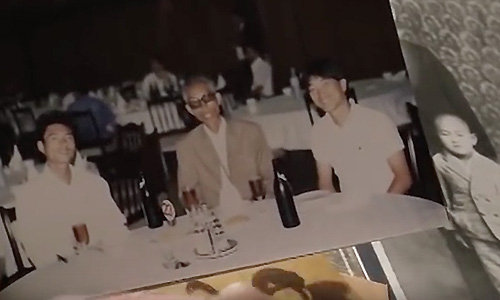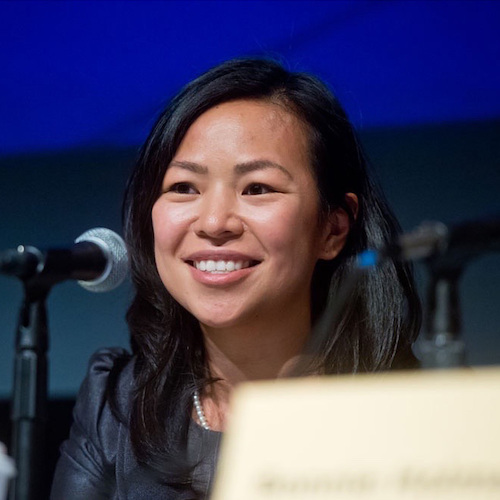Korean American advocacy leaders and U.S. lawmakers are fighting against time as they push a bill calling for increased efforts to reunite an aging population of Korean Americans with their lost families in North Korea.
S. 2657, also known as the Divided Families Reunification Act, was introduced in March by Sen. Mark Kirk and co-sponsored by Sens. Mark Warner and Cory Gardner, of the Senate Foreign Relations Committee.
The bill would require the State Department to prioritize and conduct regular dialogue with Korean American separated families that have not been able to contact their loved ones in the North since the 1953 armistice agreement ended the Korean War, and includes engaging in diplomatic talks with North Korea and consultations with South Korea for inclusion in the existing reunion process.
An estimated 10 million Korean families were separated by the War. Twenty-one face-to-face and video reunions for 22,000 Koreans have taken place after an agreement by North and South Korea in 1985, but Korean Americans have been excluded.
“It’s a result of the fact that the United States and North Korea do not have diplomatic ties, so neither side is willing to talk about resolving this tragic remnant of the Korean War,” said Sam Yoon, executive director of the Council of Korean Americans, a group of community leaders that have partnered with Divided Families USA (DFUSA) in efforts to educate the community and raise awareness. DFUSA is part of a coalition of representatives from 13 states to make family reunions between Korean Americans and North Koreans a reality.
“Part of our goal is about getting our community to care,” DFUSA Board Chairman Jason Ahn said. He’s the filmmaker of “Divided Families,” a 2014 project detailing the plight of aging Korean Americans separated from their loved ones – estimated to number more than 100,000 – during the Korean War.
“These [separated individuals] are dying. It’s a huge tragedy,” Ahn, who was inspired to take action by the separation of his own maternal grandmother from her sister, said. “It’s even more tragic that we’ve forgotten about these people, as Korean Americans and as U.S. citizens. It’s not an issue that’s ‘just [Koreans’] problem.’ Imagine if you couldn’t see your brother or sister for decades. It’s a fundamentally human issue. We have to empathize.”

Chahee Lee Stanfield (Martin Kim/courtesy photo)
Action for divided families has been an ongoing process since 2000, when Chahee Lee Stanfield, a Chicago resident and divided family member, asked for Kirk to aid Korean Americans like her. Ahn, who said he was amazed at Kirk for his continued championing of the issue through the years, is hopeful the community will make an increased effort to contact their lawmakers about supporting the initiative.
“There’s potential in our community to exercise our voice together,” Ahn said. “We are American citizens. Our government needs to do something for our people.”
Ethnic groups in the U.S. have successfully lobbied for family visits to Cuba and Vietnam in the past, according to Ahn and Yoon. Last year, New York Rep. Charles Rangel, with 150 co-sponsors, introduced a concurrent resolution to throw light on the divided families issue, imploring North Korea to allow Korean Americans family visits. Still, the resolution lacks the force of law and specificity present in Kirk’s bill, which has been adopted into the base text of an appropriations bill for the fiscal year ending Sept. 2017.
“This is a humanitarian issue affecting American citizens … our government [should] prioritize the issue of divided Korean American families who have direct relatives in North Korea,” Yoon said. “After 70 years, Korean Americans deserve to know what happened to their loved ones.”







